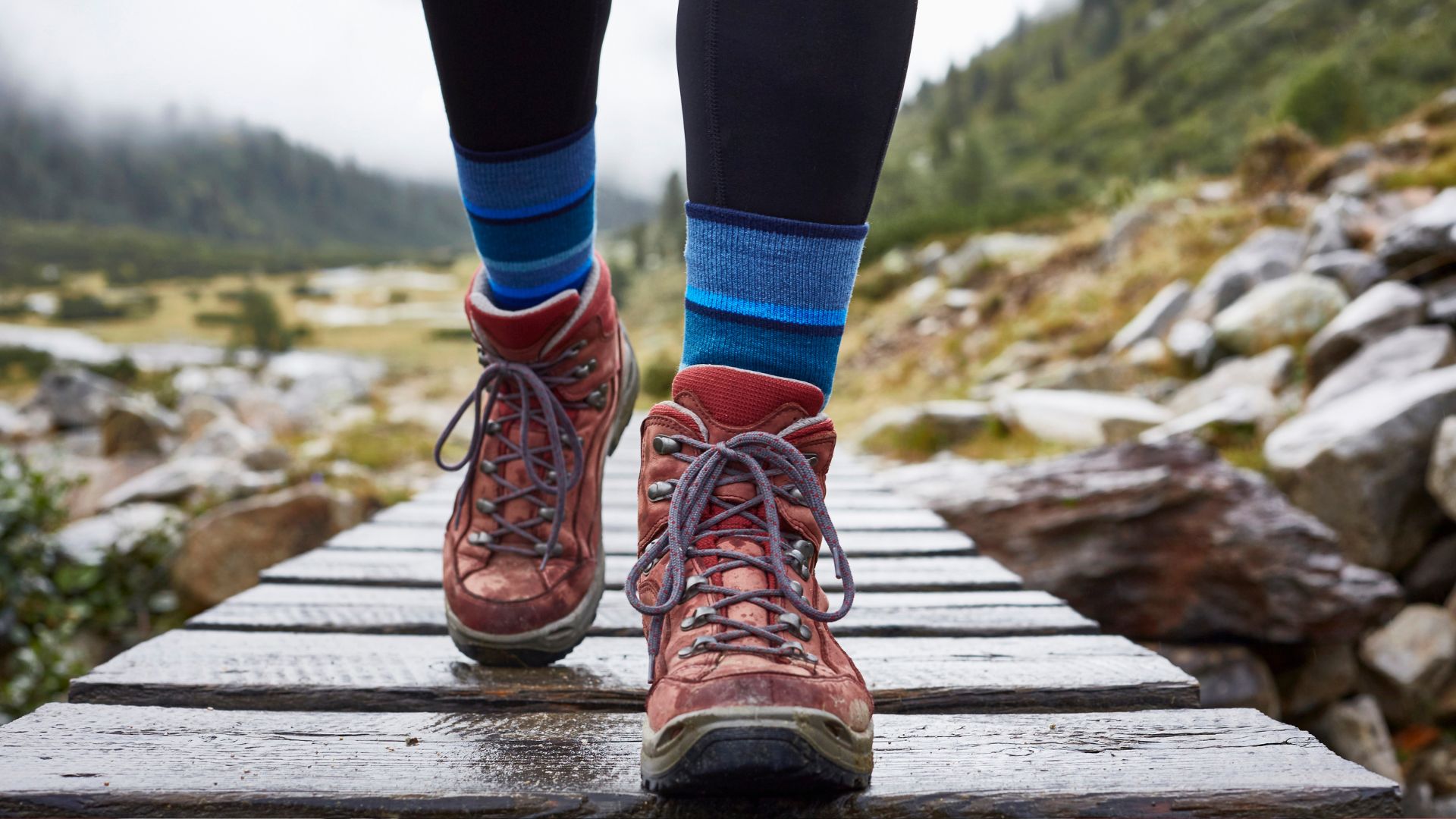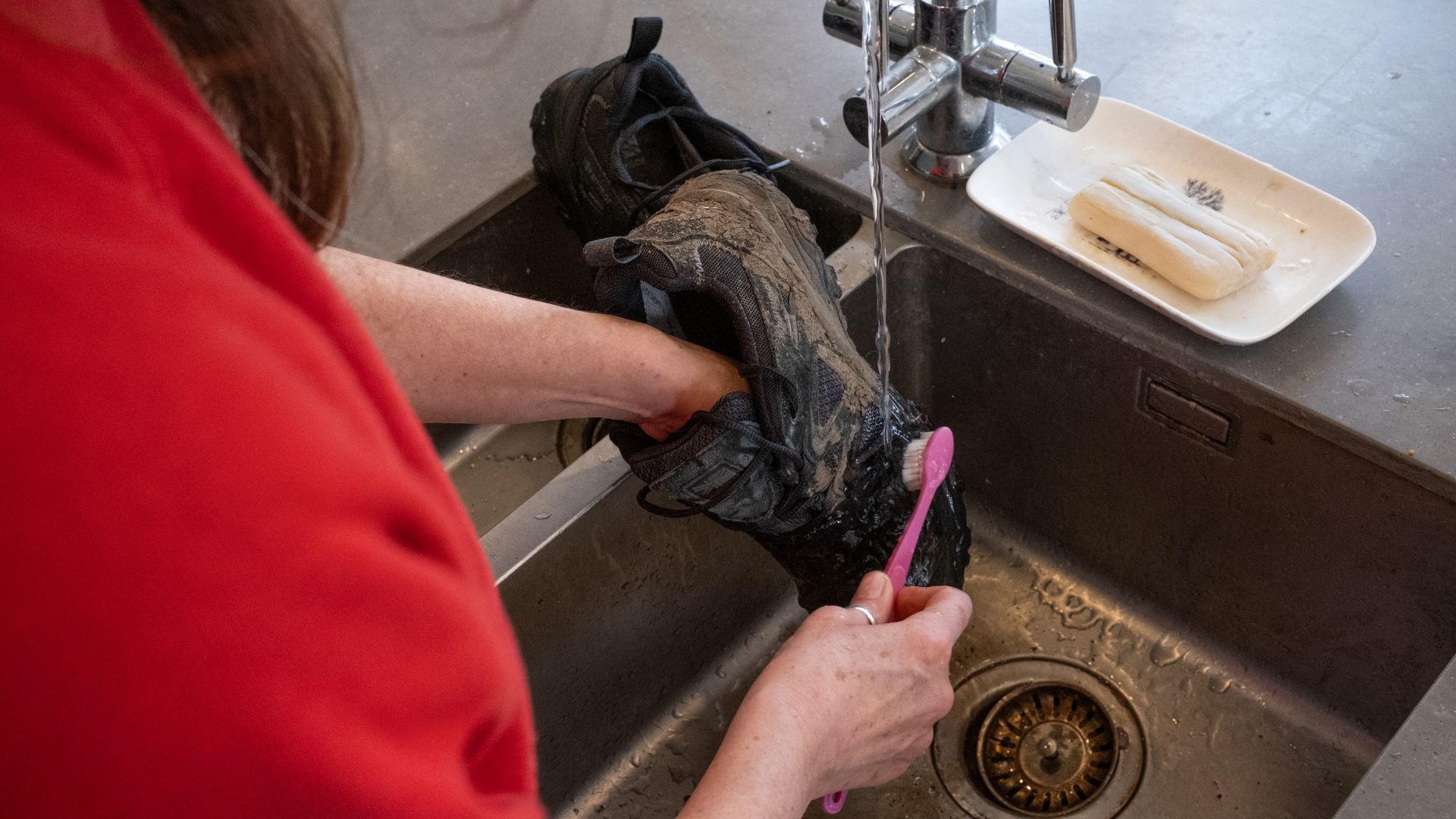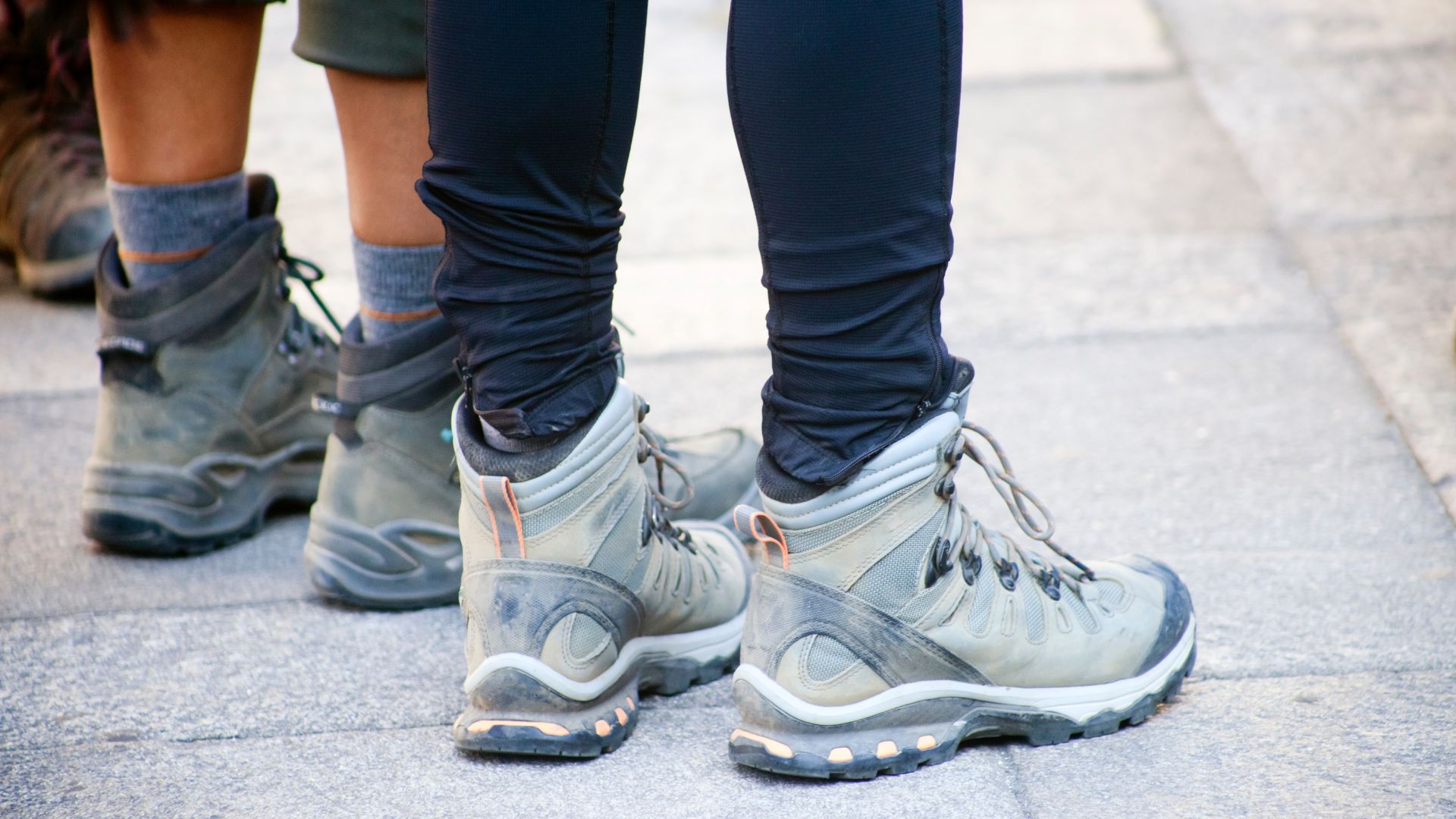
We all know that a pair of decent hiking boots and walking shoes doesn’t come cheap. After all, they’re an investment for your feet, providing superior support and comfort when venturing out on uneven and trickier trails.
According to Mountain Warehouse, a pair of hiking boots should last between 500-1200 miles (so if you only walk 10 miles per week you’re looking at a lifespan of one to two years). However, if you've found your boots aren’t lasting this length of time then it's possible you could be damaging them without even knowing it and, as a result, shortening their life.
Obviously we want our beloved boots to last as long as possible before forking out on a new pair. Here are five mistakes to avoid if you want to keep your boots in good condition and make them last longer.
1. Not cleaning them regularly

After a long hike it can be tempting to leave your mucky boots and decide to deal with them a different day. But leaving dirt on your boots can affect their breathability, waterproofing and ruin their grip (especially if there’s lots of dirt wedged between the lugs which has hardened over time). Not to forget they’ll just look old and grubby well before their time too. A little care and attention can go a long way and cleaning them over will take you no longer than 20 minutes. In our hiking boot care guide we break down exactly how to wash them.
2. Drying them in direct heat
If you’ve come back from a soggy hike, or you’ve just cleaned your boots, you’ll be keen to get them dried ASAP for your next outing. However, avoid popping them near a radiator, fire or worse, using a hairdryer. Direct heat can damage the exterior of your boots and the glue that holds the uppers together, which will cause them to deteriorate a lot quicker. Also, boots made of leather can become cracked and brittle. Instead, remove the insoles, stuff the inside of your boots with some newspaper, and place them in a well-ventilated area. Refresh the newspaper until they’ve dried out completely.
3. Wearing them all the time

Your boots may be super comfy and as tempting as it may be to wear them out and about to run everyday errands, you really shouldn’t. Walking/hiking boots are designed specifically for uneven terrain and rocky areas, they’re not made for pounding the pavement. All this will do is wear down the soles quicker and reduce their grip, which means you'll have to replace them sooner than intended. Save them for the trails instead.
4. Not maintaining them regularly
Just as your tent and waterproof jacket require re-proofing to help expand their lifespan, so do your hiking boots. It’s just another way to give them some TLC. However, this will depend on what your boots are made out of (full-grain leather, fabric or Nubuck/suede) as to how you go about this. Mountain Warehouse advises re-proofing three to four times a year if you’re a keen hiker. Not sure what to buy? We recommend the Nikwax fabric and leather proof spray that can be used on synthetic fabrics and leather.
5. Storing them in the wrong place
Believe it or not, but where you store your boots can add or take away years to their life. Similar to drying your boots, you want to avoid storing them anywhere that’s too hot or humid, as this can affect the fabric and draw moisture out of leather, causing it to crack. To improve their longevity, keep your boots in a cool, dry location that’s well-ventilated away from moisture and sunlight.







